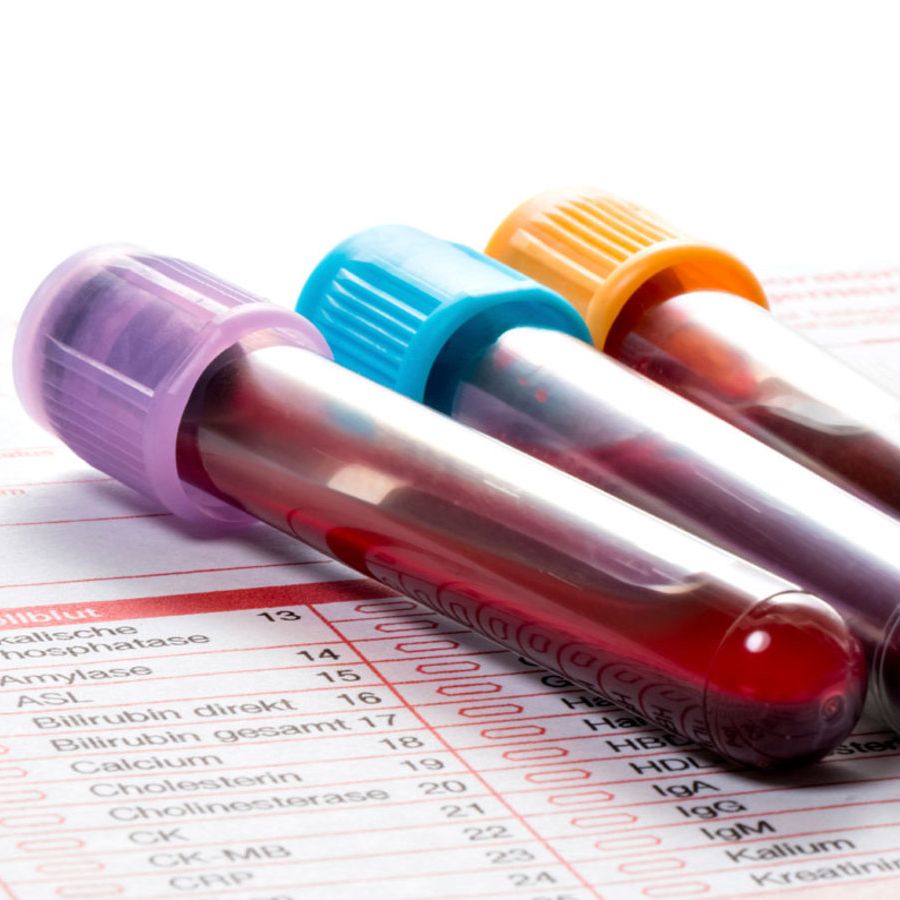LD
Lactate dehydrogenase (LD) is an enzyme found in most tissues in the body, which is only present in small amounts in the blood. If the tissues are damaged or destroyed, the enzyme is released from the cells and enters the bloodstream, leading to an increase in blood levels. Five molecular forms of lactate dehydrogenase are known. To determine the total LD level, a joint measurement of the five LD isoenzymes is required.
What is the purpose of the test?
The test helps detect the location and cause of chronic tissue damage and monitor the progress of the process.
In addition to other tests, it can provide information about the disease causing the cell damage and can help identify the tissues or organs involved.
In which cases is it recommended to perform the test?
If a disease with acute or chronic cell or tissue necrosis is suspected.
What sample is needed for the test?
A blood sample taken from a vein is needed for the test.


What can the result indicate?
Elevated LD levels indicate tissue damage. In this case, LD levels rise at the beginning of the process (e.g. myocardial infarction), peak after a certain time, and then begin to fall.
Elevated levels of the enzyme may occur in the following cases:
- Stroke
- Infarction (resulting in tissue necrosis)
- Certain types of tumours
- Pancreatitis
- Liver disease
- Kidney disease
- Dangerous anaemia
- Haemolytic anaemia
- Muscle atrophy
- When taking certain medications (e.g. aspirin, narcotics)
- After drinking alcohol
Low LD levels are usually not a problem in the body.
What to do after the test?
In all cases, please consult the specialist who ordered the test with the result, as the results of further tests may be required for an accurate diagnosis.

